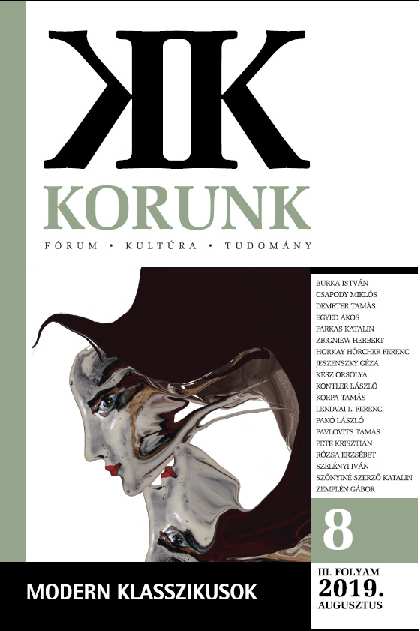Edmund Burke és a magyarországi rendszerváltás
Edmund Burke and the Hungarian Political Transition in 1990
Author(s): Ferenc Horkay-HörcherSubject(s): Political Philosophy
Published by: Korunk Baráti Társaság
Keywords: Burke; conservatism; Hungarian political transition; prescription; conservative revolution
Summary/Abstract: “Habent sua fata libelli.” This essay takes as its task to introduce to Hungarian readers the conservative thought of Edmund Burke via the political history of Hungary and the history of Hungarian conservative political thought in the last 30 years. Its starting point is Burke’s Reflections, originally published in 1790, only translated into Hungarian in 1990. Why could this work find its translator and publisher in that year, 200 years after its original publication? According to the hypothesis of the essay, the generation of young humanities scholars found conceptual tools to interpret the outgoing Communist regime in Burke’s text. The essay focuses on the notion of prescription in Burke, and shows with the help of it the problems Burke had with the French revolutionaries. He confronted the customary law of the ancient constitution with the brutal voluntarism of the French. The shocking vision presented by Burke of the radical social changes taking place was interpreted as an excellent introduction to the nature of totalitarian power, no matter when and where. But late 18th century imperial Britain was unlike late 20th century colonized Hungary. Therefore the essay needs to discuss revolutionary conservatism, as a solution of the conservative paradox, which in the second phase of the two stages process of political transition in Hungary (1989/90, 2010/2012) could push to the back of the stage the figure and conclusions of Burke. Finally, the essay calls attention to another important Burkean teaching hidden into the text of the 2012 Basic Law’s National Avowal.
Journal: Korunk
- Issue Year: 2019
- Issue No: 08
- Page Range: 47-56
- Page Count: 10
- Language: Hungarian

